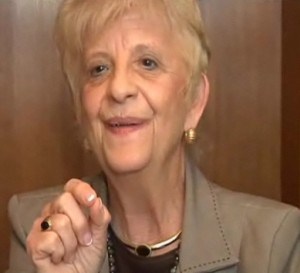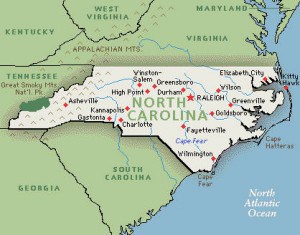 CenturyLink is asking their employees to write “thank you notes” to North Carolina legislators for passing an industry-written telecommunications bill that will reduce competition and inhibit community broadband competition in the state.
CenturyLink is asking their employees to write “thank you notes” to North Carolina legislators for passing an industry-written telecommunications bill that will reduce competition and inhibit community broadband competition in the state.
Broadband Reports received a copy of the message from a CenturyLink insider:
With the battle over and under-served North Carolina communities losing, a CenturyLink insider writes us to note the company this week sent employees an e-mail urging them to send their representatives a thank you letter for doing what Time Warner Cable and CenturyLink lobbyists told them to. “We encourage you to send an e-mail to your Representative, thanking him or her for supporting the bill,” says the e-mail to employees. “Opponents of the legislation, including the NC Municipal League and other groups, lobbied fiercely against the bill. So, your Representative’s support of the bill showed courage and conviction,” the letter insists. The e-mail included this recommended form letter:
Dear Representative ______________:
I am an employee of CenturyLink and one of your constituents. I wanted to sincerely thank you for your support of House Bill 129, the Municipal Competition/Level Playing Field bill. The bill’s passage helps ensure that CenturyLink and other private companies continue to invest in broadband and other technologies that make North Carolina such an attractive place to live and work by providing a strong infrastructure for economic development and education.I know that the bill faced strong opposition, so I greatly appreciate the conviction you showed by supporting it. My company employs 2,350 persons in North Carolina and serves nearly 1 million customer lines. Thanks to the passage of House Bill 129, CenturyLink has gained added confidence to invest in North Carolina and grow our business in the state.
The good news is that CenturyLink at least told their employees to identify themselves in their letters, instead of pretending to be ordinary consumers. The bad news is those employees, along with everyone else in the state, will pay a high price for the inevitable broadband slowdown this legislation will bring. At a critical time for North Carolina’s economy, worrying about the business interests of CenturyLink and its employees is understandable, but looking out for the interests of 9.5 million residents about to be mired in a broadband slow lane is far more important.
Remember, no corporate entity the size of Time Warner Cable or CenturyLink has ever been run out of town by a community-owned alternative. Nothing preserves the drive to invest and innovate faster than a truly competitive marketplace. Nothing stagnates that marketplace better than a lack of competition, something this legislation will guarantee for years to come in several North Carolina communities.


 Subscribe
Subscribe








